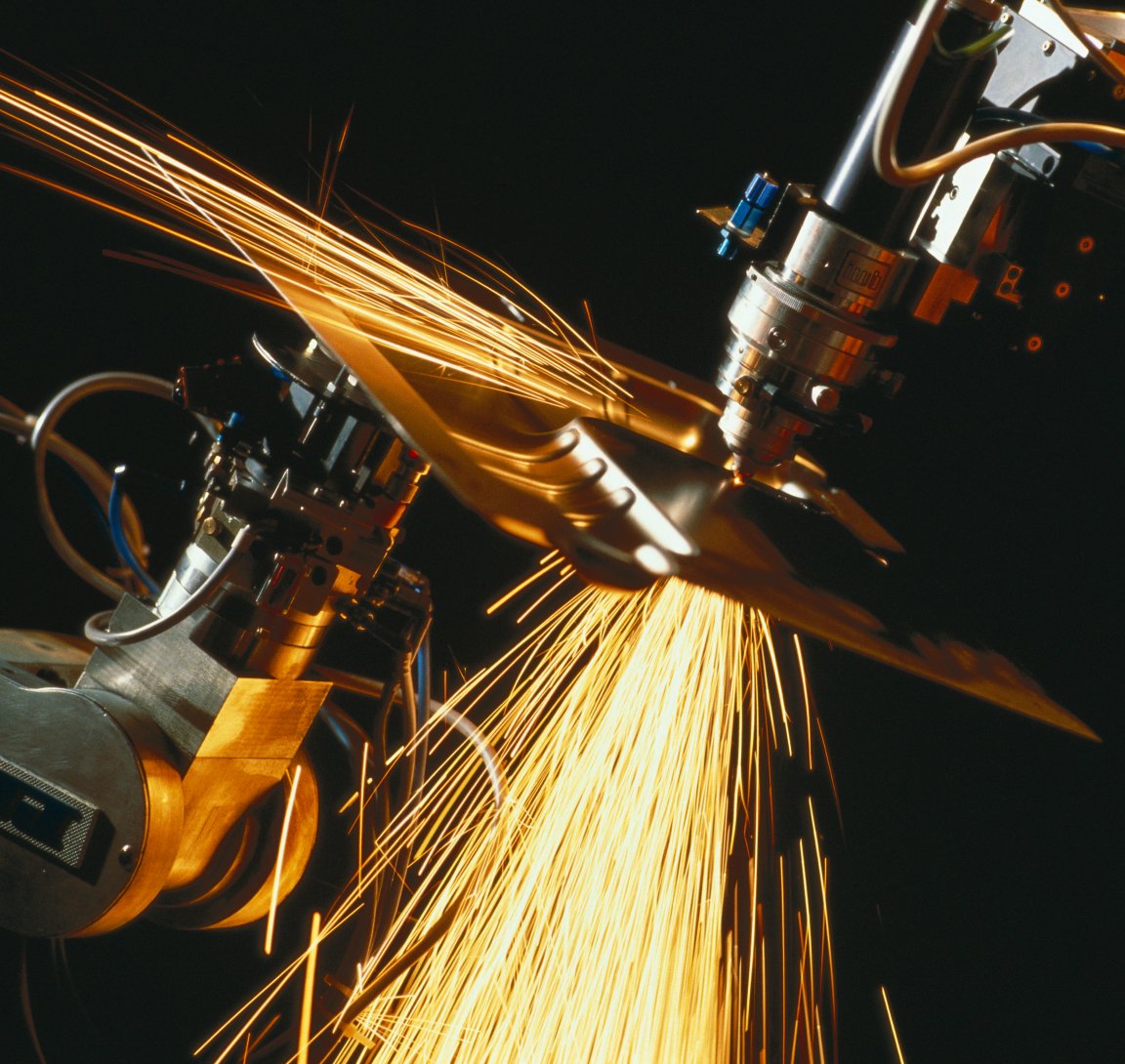
Taxing Robots Chills Innovation?
Although Bill Gates has said that robots who take jobs from human should pay taxes, billionaire Commerce Secretary Wilbur Ross doesn’t agree that a tax can mitigate the threat of job automation. “I’m not in favor of trying to hold back technological advance,” Ross told CNBC. “And if we don’t employ robots, the Chinese will, the Vietnamese will, the Europeans will, the Japanese will. Everyone will.”

This is not a surprising position from Ross, who took his place as a member of the new Republican administration this year. Ross has called overregulation the “single most important thing that bars” effective business decisions. His personal wealth as a billionaire was made mostly from buying and “flipping” distressed businesses. His dealings have at times been perceived as controversial, as Ross has fired workers and eliminated pensions in order to maximize profit.
Future Workforce
Ross believes that companies should decide whether innovations, including robots, benefit them. Instead of taxing robots—and essentially passing on that cost to the business owning class—Ross has stated that people in the workforce need to adjust to become part of the workforce of the future, and that improvements to the community college system might be one way they can prepare to do that. Beyond that, Ross has not articulated a specific plan for coping with changes to the workforce wrought by advances in AI and increased numbers of working robots.
Although Ross is not eager to regulate U.S. businesses, he recently leveled a $900 million punishment against Chinese smartphone company ZTE based on their violation of U.S. sanctions against Iran. “Industrial power is, at the end of the day, a national security issue,” Ross said.
It remains to be seen whether mass unemployment without transition plans will be perceived as a national security issue as well.